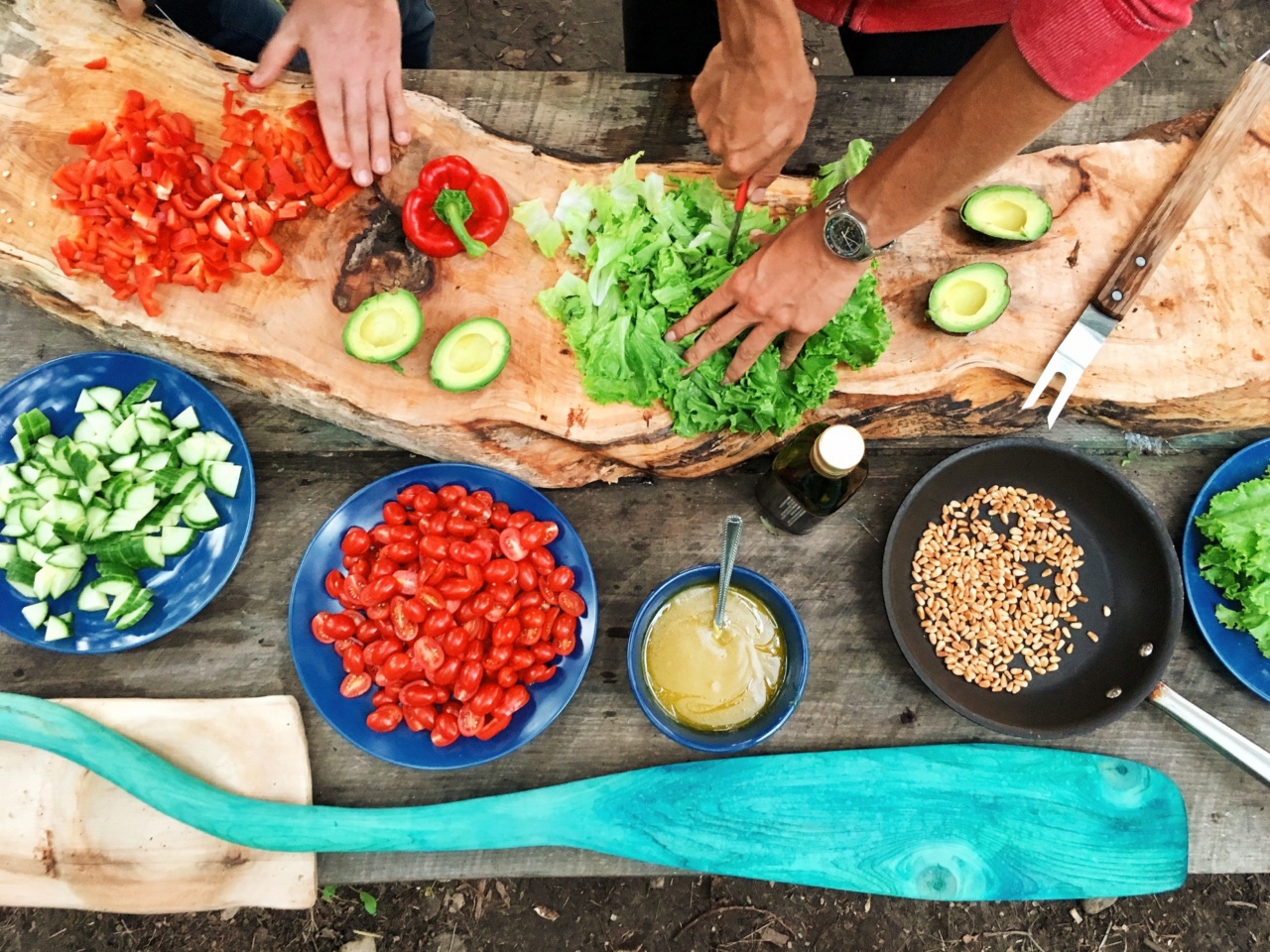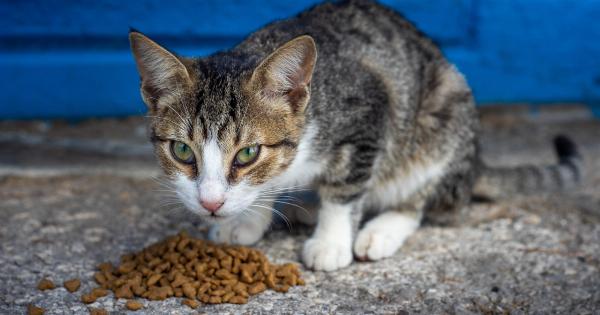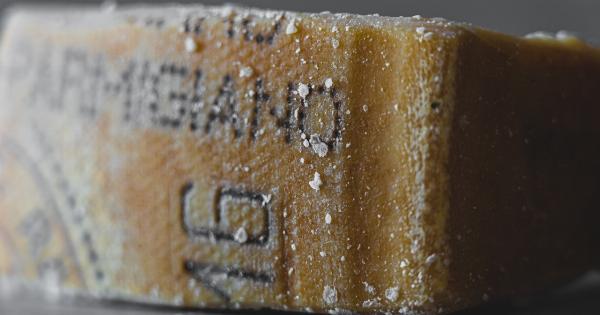Food poisoning is a common ailment that can affect people who consume contaminated or spoiled food items. Symptoms can range from mild to severe, including nausea, vomiting, stomach cramps, and diarrhea.
In rare cases, food poisoning can be life-threatening. Therefore, it is important to be aware of foods that are high-risk for food poisoning. In this article, we have compiled a list of the top 10 risky foods for food poisoning along with tips on how to keep yourself safe.
1. Raw or Undercooked Meat and Poultry
Raw or undercooked meat and poultry can contain harmful bacteria like salmonella, E.coli, and Listeria, which can cause food poisoning. These bacteria can survive on the surface of meat, and if not cooked properly, can make their way into your body.
Therefore, it is important to make sure that your meat is cooked at the right temperature, and that there is no pink or raw meat left inside. Use a meat thermometer to check that the internal temperature of the meat has reached at least 165°F (74°C).
2. Raw or Undercooked Eggs
Raw or undercooked eggs can also be a high-risk food for food poisoning. Salmonella bacteria can be present on the shell of the egg or inside the egg, and if not cooked properly, can cause illness.
When cooking eggs, make sure that the yolk and white are firm, and that there is no runny egg left behind.
3. Seafood
Seafood like oysters, mussels, and clams can be another source of food poisoning. These seafood items can be contaminated by harmful bacteria like Vibrio vulnificus, which can cause severe illness.
Similarly, improperly stored or cooked fish can also contain sickness-causing bacteria. Make sure to cook seafood items at the right temperature to kill any bacteria present.
4. Unpasteurized Milk and Cheese
Unpasteurized milk and cheese can contain harmful bacteria like Listeria and E.coli, which can cause illness. Pasteurization is a process that heats milk and cheese to kill bacteria.
Therefore, it is important to look for pasteurized milk and cheese items to avoid the risk of food poisoning.
5. Raw Sprouts
Raw sprouts like alfalfa, mung bean, and clover can also be risky from a food poisoning standpoint. The warm and humid conditions required for sprouting can promote the growth of harmful bacteria like E.coli and Salmonella.
Therefore, it is important to be cautious when consuming raw sprouts, and try to cook them before eating them.
6. Deli Meats and Hot Dogs
Deli meats and hot dogs can be a source of Listeria bacteria, which can cause severe illness. This is because these meats are often kept at refrigerated temperatures for long periods, which can foster the growth of Listeria bacteria.
Therefore, it is important to heat deli meats and hot dogs to an appropriate temperature before eating, and store them at the right temperature to avoid the risk of food poisoning.
7. Raw Fruits and Vegetables
Raw fruits and vegetables can also be a source of food poisoning. This is because they can come in contact with harmful bacteria through the soil, water, or handling process.
To minimize the risk of food poisoning, it is important to wash fruits and vegetables thoroughly before eating, and to make sure that they are not past their expiration date.
8. Leftovers
Leftovers can also be a source of food poisoning, especially if they are not stored and reheated properly. For example, leftover rice can contain Bacillus cereus bacteria, which can cause illness if the rice is left at room temperature for too long.
Therefore, it is important to store leftovers in airtight containers, and to reheat them at the right temperature before consuming.
9. Soft Cheeses
Soft cheeses like brie, camembert, and feta can be a source of Listeria bacteria, which can cause severe illness. This is because these cheeses are often made from unpasteurized milk.
Therefore, it is important to look for pasteurized soft cheeses to avoid the risk of food poisoning.
10. Raw Honey
Raw honey can also be a risky food for food poisoning. This is because honey can harbor spores of Clostridium botulinum bacteria, which can cause botulism.
Therefore, it is important to avoid consuming raw honey, and instead, use heat-treated or pasteurized honey.
Conclusion
Food poisoning is an avoidable ailment, and by being aware of the foods that can cause it, one can minimize the risk. It is important to handle and cook food items properly, and also to pay attention to expiration dates.
By keeping a watchful eye on what you consume, you can keep yourself and your family safe from food poisoning.



























